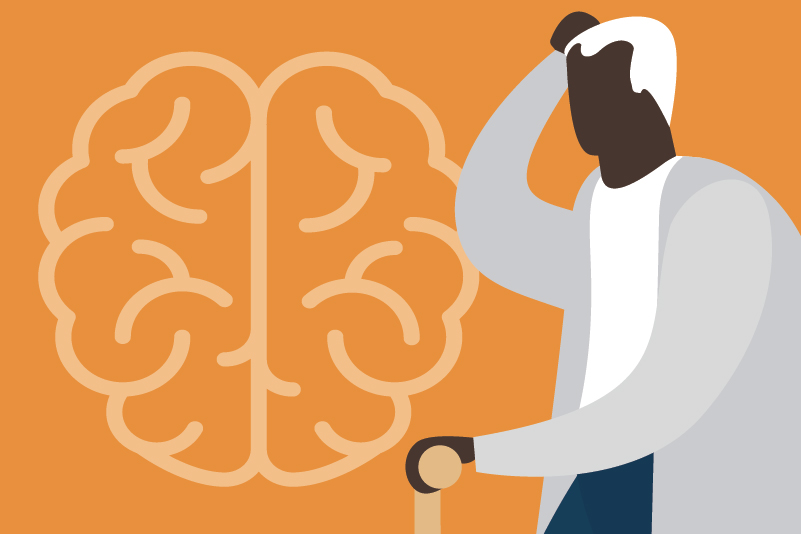#107 Cholinesterase inhibitors and treatment of Alzheimer’s dementia

Reading Tools for Practice Article can earn you MainPro+ Credits
Join NowAlready a CFPCLearn Member? Log in
- Focus on Cochrane review1 of 13 trials (7,298 patients) and four other systematic reviews.2-5 Data shown when ≥2 studies provide values, generally for common doses and follow-up ≥6 months.
- ChEI vs. placebo statistically significant, but not clinically meaningful, mean change in cognition scores:
- ADAS-Cog (out of 70): overall -2.37,1 varying from -1.49 to -3.91, depending on study.1-5
- MMSE (out of 30): overall 1.37, varying from -0.04 to 1.37, depending on study.1-3,5
- Number who had clinically meaningful improvement:
- ADAS-Cog >4: Number Needed to Treat (NNT) 6-18.3,4
- Global clinical improvement: NNT 6-17.1-4
- Harms:
- Drop-out due to adverse events: Number Needed to Harm (NNH) 10 overall.1
- Specific example with donepezil:2 anorexia (NNH 17), diarrhea (NNH 10), nausea (NNH 11), vomiting (NNH 13), weight loss (NNH 18), and insomnia (NNH 24).
- ChEI vs. placebo statistically significant, but not clinically meaningful, mean change in cognition scores:
- Potential biases:
- Trials: drop-out rates up to 35% and often more among ChEI,6 drop-outs analyzed like their cognition was stable,6,7 poor description of randomization.2,6
- Meta-analyses: using single reviewers1-3 or inclusion of biased studies.
- Dementia guidelines and reviews have ranged from supporting8,9 to not supporting10,11 their use.
- Three year non-profit community trial found no difference in institutionalization.12 Although anticipated to be a landmark study, there were multiple issues including <20% intended enrolment, >40% lost to follow-up in first year.
- Costs for three months13 are $495 donepezil, $130 galantamine, and $135 rivastigmine.
- The large number of meta-analyses likely speaks more about people’s willingness to accept the answer than the answer itself.














